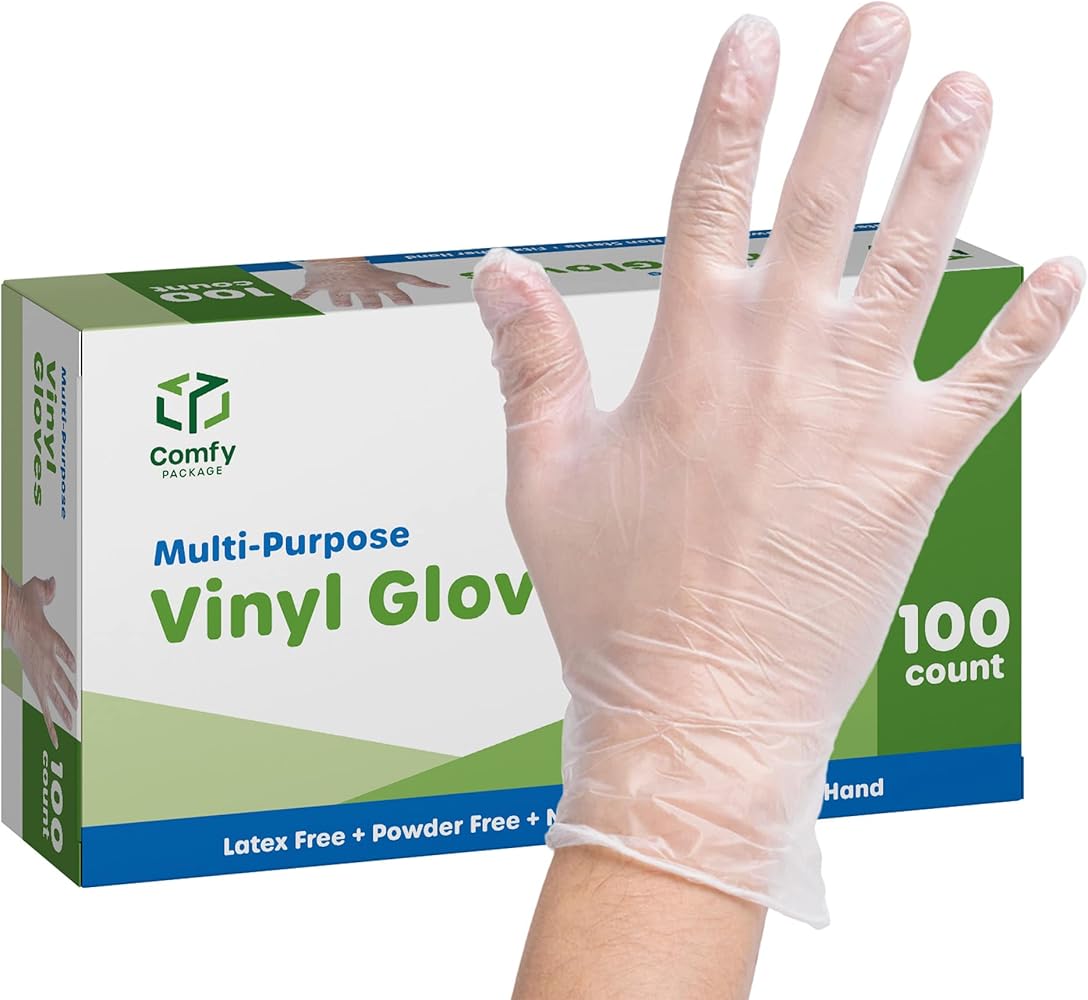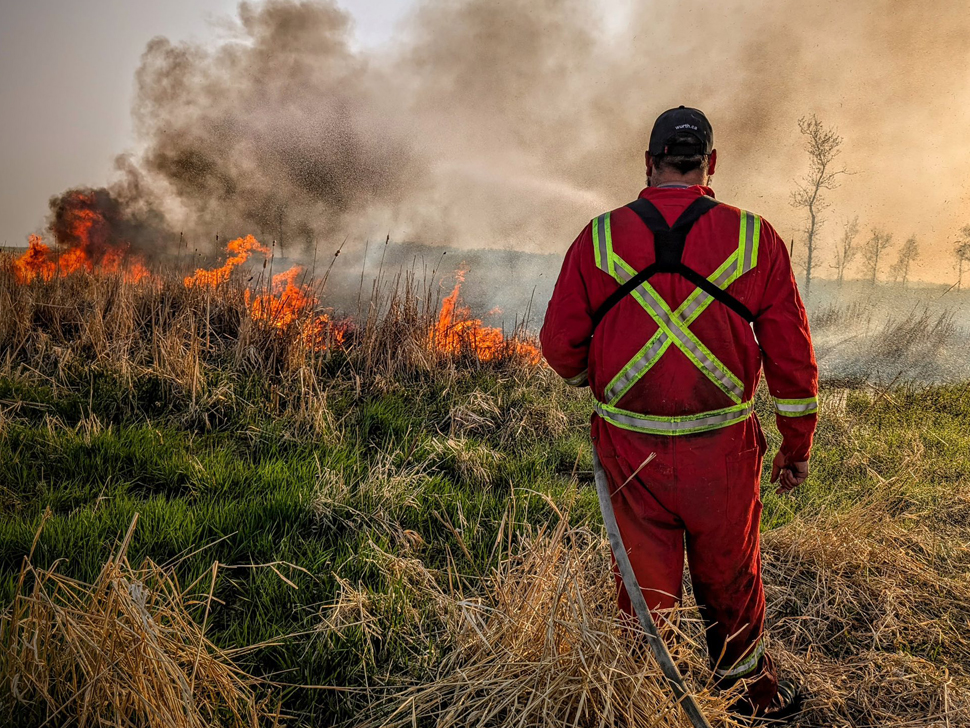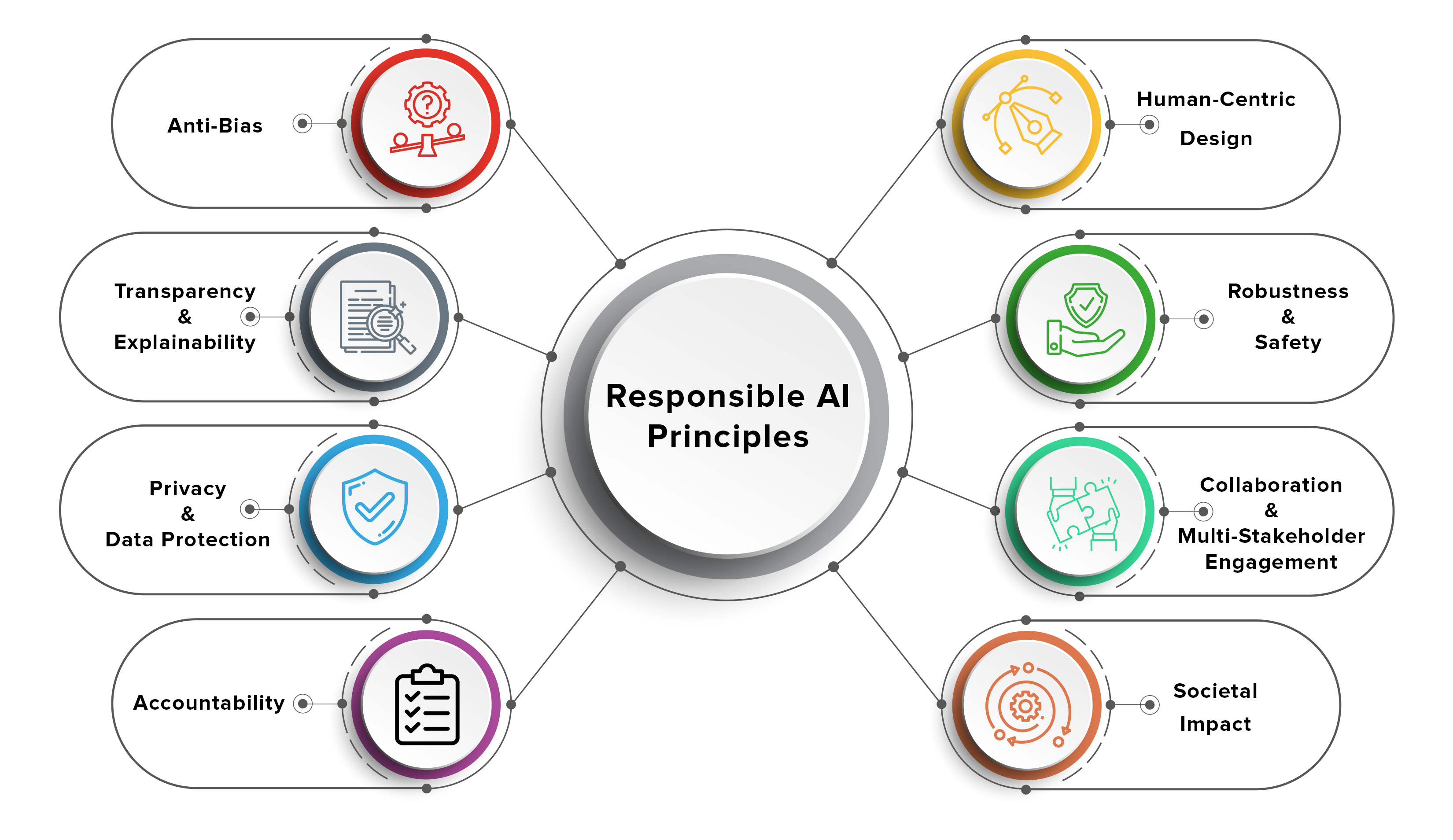Plastic Glove Project: Strengthening The RCN-Vet Nursing Partnership

Table of Contents
Enhancing Infection Control Protocols through Strategic PPE Use
The Plastic Glove Project prioritizes the enhancement of infection control measures within veterinary practices. This involves strategic and responsible use of Personal Protective Equipment (PPE), specifically focusing on plastic gloves. Effective infection control is paramount for both animal and human health.
Reducing Cross-Contamination Risks
Minimizing cross-contamination is a core principle. This requires a multifaceted approach to glove use:
- Proper hand hygiene techniques: Thorough handwashing before and after glove use is crucial, utilizing appropriate hand hygiene products. Regular training on proper handwashing technique is essential.
- Appropriate glove selection: Choosing the right glove for the task is vital. Nitrile gloves, for example, offer superior chemical resistance compared to latex or vinyl, and are essential when handling certain medications or cleaning agents. The project emphasizes correct glove selection for every procedure.
- Correct glove disposal procedures: Improper disposal contributes significantly to cross-contamination and environmental pollution. The project advocates for strict adherence to designated disposal bins and protocols, preventing the spread of pathogens.
Optimizing Glove Usage for Cost-Effectiveness and Waste Reduction
Reducing unnecessary glove use is key to both cost-effectiveness and environmental sustainability. This project promotes a mindful approach:
- Targeted training programs: Veterinary nurses receive comprehensive training on appropriate glove selection and usage, emphasizing situations where gloves are truly necessary.
- Usage audits and improvement strategies: Regular audits monitor glove consumption, identifying areas for improvement and potential waste reduction. This data-driven approach allows for targeted interventions.
- Exploring alternatives: The project explores and promotes alternatives to single-use gloves where clinically appropriate, such as reusable gloves with proper sterilization protocols.
Fostering Collaboration and Knowledge Sharing between the RCN and Veterinary Nursing
The Plastic Glove Project transcends simple PPE management; it fosters vital collaboration and knowledge exchange between the RCN and veterinary nursing professionals.
Joint Training and Development Initiatives
Shared learning is crucial for effective implementation. The project facilitates this through:
- Best practice sharing: The RCN shares its extensive experience in infection control and PPE management from human healthcare settings, providing valuable insights for veterinary nurses.
- Collaborative research: Joint research projects explore innovative approaches to PPE management, leading to the development of evidence-based guidelines.
- Standardized guidelines: The project aims to develop universally applicable, standardized guidelines for glove use in veterinary settings, ensuring consistency and best practice.
Strengthening Communication and Networking Opportunities
Enhanced communication is a key component:
- Dedicated communication channels: Regular communication channels ensure the swift exchange of information, best practices, and updates related to the project.
- Joint conferences and events: These provide opportunities for networking, collaboration, and the dissemination of knowledge amongst RCN members and veterinary professionals.
- Online resources and support: The development of accessible online resources and support networks allows for continuous learning and collaboration.
Promoting Sustainability and Environmental Responsibility in Veterinary Practices
The Plastic Glove Project is strongly committed to environmental responsibility. Reducing plastic waste is a key objective.
Reducing Plastic Waste and Environmental Impact
Minimizing the environmental burden of glove usage involves:
- Sustainable glove alternatives: The project actively explores and promotes the use of biodegradable and sustainable glove alternatives to reduce plastic waste.
- Waste segregation and recycling: Implementation of efficient waste segregation and recycling programs within veterinary practices is a key component.
- Environmental awareness education: Staff education on the importance of environmental responsibility and sustainable practices is crucial.
Implementing Green Initiatives within Veterinary Practices
The project encourages broader environmental stewardship:
- Reusable equipment: Promoting the use of reusable equipment where feasible contributes to waste reduction.
- Energy-efficient practices: Encouraging energy conservation within veterinary clinics reduces the carbon footprint.
- Water conservation: Implementing water-saving measures contributes to overall environmental sustainability.
Conclusion
The Plastic Glove Project is a transformative initiative, strengthening the RCN-Vet Nursing Partnership and advancing veterinary practices. By improving infection control, fostering collaboration, and promoting sustainability, this project significantly enhances the quality of veterinary care and creates a greener veterinary environment. We encourage all veterinary professionals to actively participate in this crucial initiative to continue building upon its success. Join the movement and contribute to the success of the Plastic Glove Project and improve veterinary nursing practices. Consider exploring sustainable glove alternatives and implementing effective waste management strategies within your practice to further the goals of the Plastic Glove Project.

Featured Posts
-
 Eastern Manitoba Wildfires Ongoing Battle Against Deadly Flames
May 31, 2025
Eastern Manitoba Wildfires Ongoing Battle Against Deadly Flames
May 31, 2025 -
 Ai And The Illusion Of Learning Guiding Principles For Ethical Use
May 31, 2025
Ai And The Illusion Of Learning Guiding Principles For Ethical Use
May 31, 2025 -
 Jaime Munguia Avenges Loss To Bruno Wins By Decision
May 31, 2025
Jaime Munguia Avenges Loss To Bruno Wins By Decision
May 31, 2025 -
 Griekspoor Stuns Zverev In Indian Wells Second Round
May 31, 2025
Griekspoor Stuns Zverev In Indian Wells Second Round
May 31, 2025 -
 Down East Bird Dawgs A Look At The Inaugural Seasons Opening Game
May 31, 2025
Down East Bird Dawgs A Look At The Inaugural Seasons Opening Game
May 31, 2025
